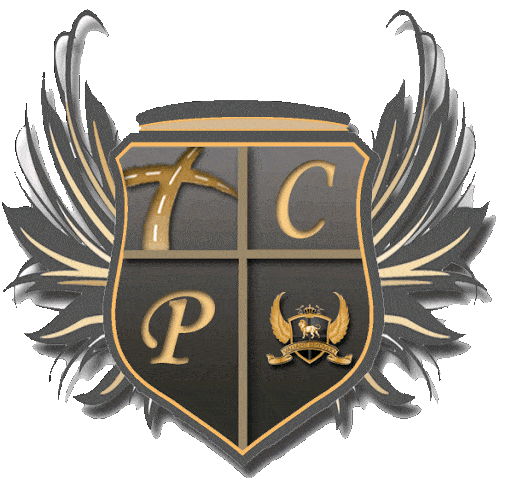Noninvasive electrical brain stimulation is an effective treatment for symptom reduction for a number of mental health and physical disorders according to emerging research, but neuroscientists are warning that this is not a DIY treatment that anyone should attempt at home. Close to 40 scientists signed an open letter that the Annals of Neurology published which warns against trying to self administer this type of treatment outside of a medical setting. Deep Brain Stimulation Program associate director and Harvard Medical School neurology professor Michael D. Fox, M.D., Ph.D., explains “There is much about noninvasive brain stimulation that remains unknown. Some risks, such as burns to the skin, are well recognized. However, other potential problems may not be immediately apparent. As neuroscientists we perceive an ethical obligation to draw the attention of both professionals and DIY users to some of these issues.”
University of Pennsylvania Laboratory for Cognition and Neural Stimulation postdoctoral research fellow Rachel Wurzman, Ph.D., first author for the study, also weighed in on noninvasive electrical brain stimulation as a DIY treatment. “Published results of these studies might lead DIY users to believe that they can achieve the same results if they mimic the research studies. However, there are many reasons why this simply isn’t true Outcomes of tDCS can be unpredictable, and we know that in some cases tDCS use can actually make brain function worse.” The open letter authors also wrote that “We know that stimulation from a few sessions can be quite lasting, but we do not yet know whether such changes are reversible, and the possible risks of a larger cumulative dose over several years or a lifetime have not been studied.”




